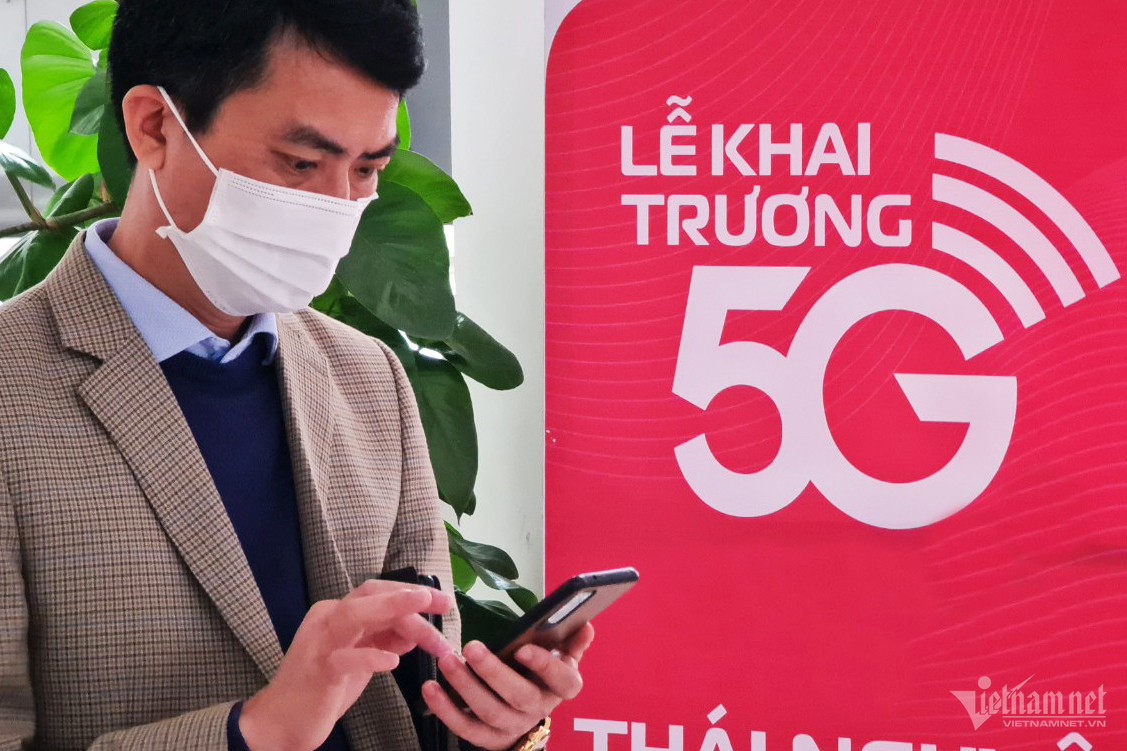According to the Global System for Mobile Communications Association (GSMA), 5G is projected to contribute over $930 billion to the global economy by 2030. Key industries expected to benefit include:
Industrial manufacturing (36%)
Public administration (15%)
Services (10%)
IT and communications (9%)
Finance (8%)
Countries worldwide are investing heavily to integrate 5G into their economies.
United States: Allocated $1.5 billion to support 5G development and incentivize standard-setting initiatives.
United Kingdom: Invested £40 million in 5G for manufacturing applications.
Germany: Rolled out the smartPORT project at the Port of Hamburg, utilizing 5G technology.
South Korea: Provided 2–3% tax incentives for 5G projects and funded initiatives in smart ports.
China: Launched a national 5G roadmap for sectors such as manufacturing and maritime logistics. Local governments have supported the rollout through subsidies, administrative streamlining, and public-private partnerships.
2024 marked a significant milestone for Vietnam with the successful auctioning of critical 5G spectrum bands, including B1 (2,500–2,600 MHz), C2 (3,700–3,800 MHz), and C3 (3,800–3,900 MHz). Vietnamese telecom operators have since launched commercial 5G services.

Nguyen Thanh Phuc, Director of the Telecommunications Authority under the Ministry of Information and Communications (MIC), noted:
"Some providers plan to increase their 5G base stations to reach 50% of their 4G network coverage by 2025."
At Internet Day 2024, Ngo Manh Hung, Director of 5G2B Solutions at Viettel, highlighted the transformative potential of 5G in increasing productivity, minimizing risks, and reducing costs in sectors such as manufacturing, logistics, and mining.
China already operates 5G-powered smartphone factories where:
Automation: Up to 90% of production processes are automated.
Defect Detection: AI systems identify flaws, significantly reducing defective products.
Flexibility: Unlike traditional wired setups that require weeks of downtime to reconfigure production lines, 5G enables such adjustments within days.
Smart ports can utilize 5G for real-time monitoring and predictive maintenance, optimizing operations and reducing downtimes. The technology also facilitates high-capacity IoT connections, which are vital for tracking assets and managing logistics efficiently.
In China, 5G is being used to improve safety and efficiency in mining operations. Workers deep underground - where Wi-Fi is ineffective - use specialized 5G-enabled tablets for navigation and task execution. Additionally, 5G enables the operation of hundreds of autonomous vehicles in 24/7 mining activities.

5G also holds potential in: Entertainment and Tourism: Virtual reality livestreams; Education: Remote learning enhancements.
Healthcare: Remote surgeries; Agriculture: Drone-powered crop monitoring.
5G is set to act as a catalyst for Vietnam’s digital transformation, enabling private 5G networks in factories and supporting sectors like AI, cloud computing, and autonomous technologies. By implementing these advancements, Vietnam aims to enhance productivity and competitiveness across industries.
Internet Day 2024, themed “New Frontiers for Vietnam’s Internet (Breakthroughs in DC, Cloud, 5G & AI),” was organized by the Vietnam Internet Association (VIA) in collaboration with the Vietnam Internet Network Information Center (VNNIC) under the MIC.
Trong Dat